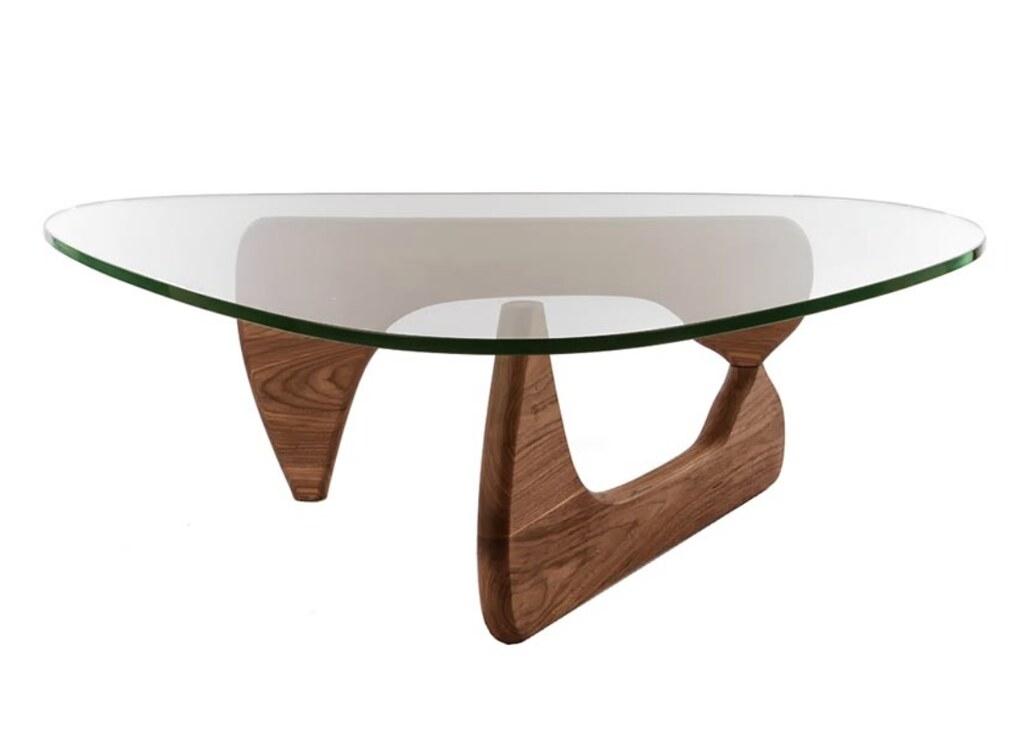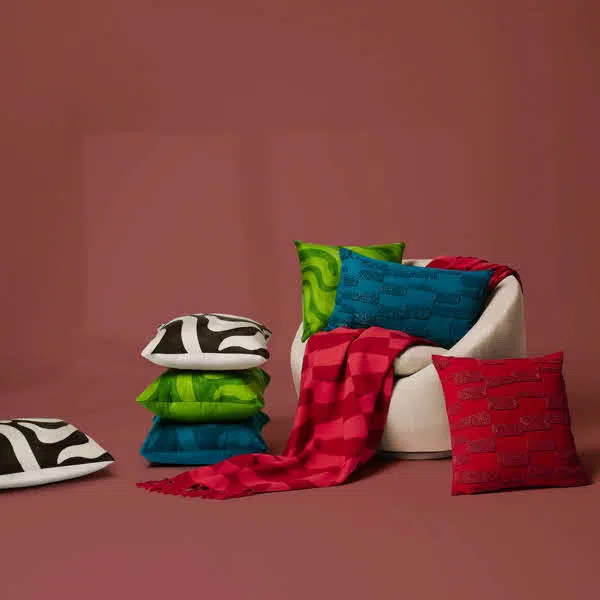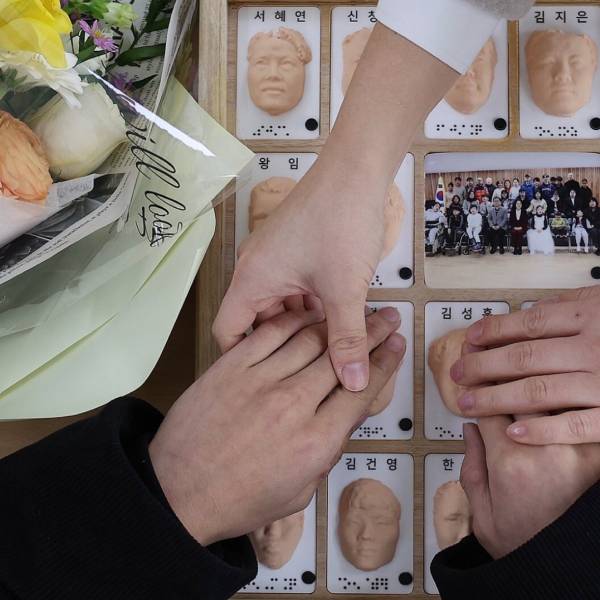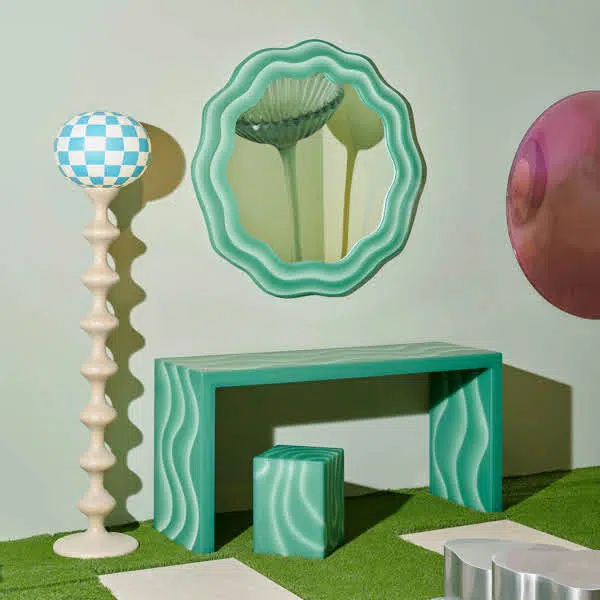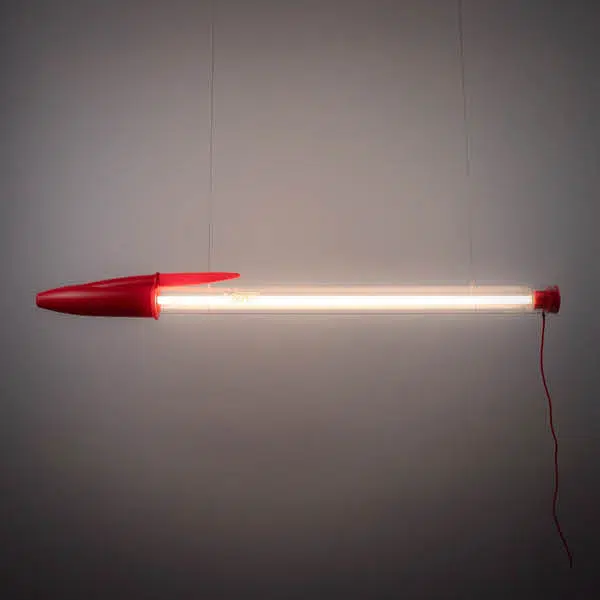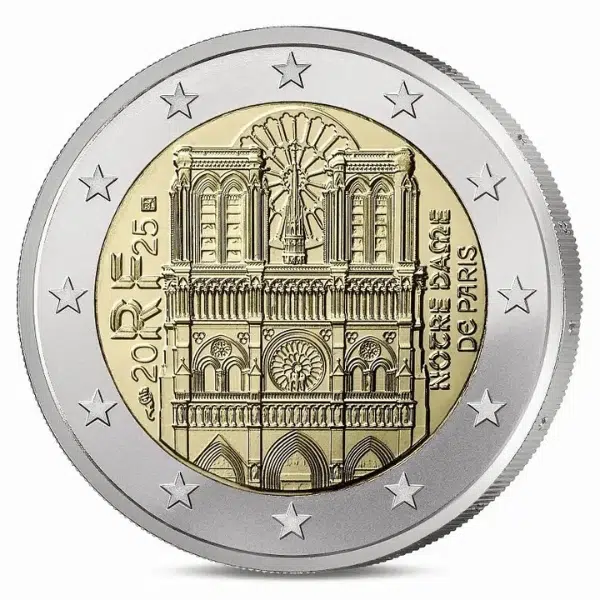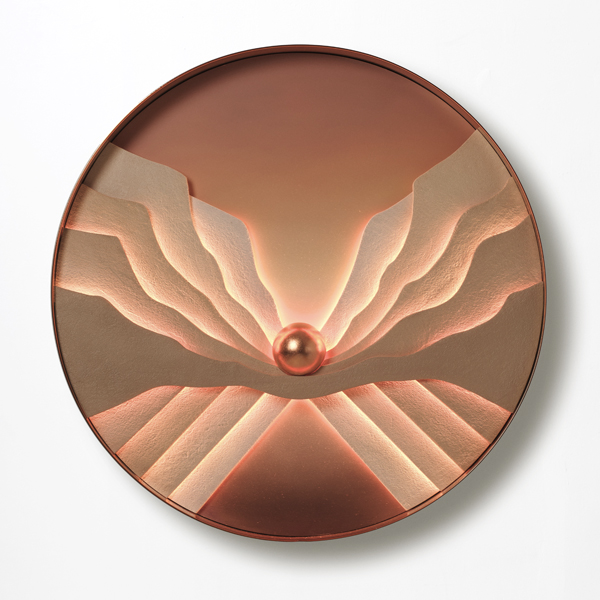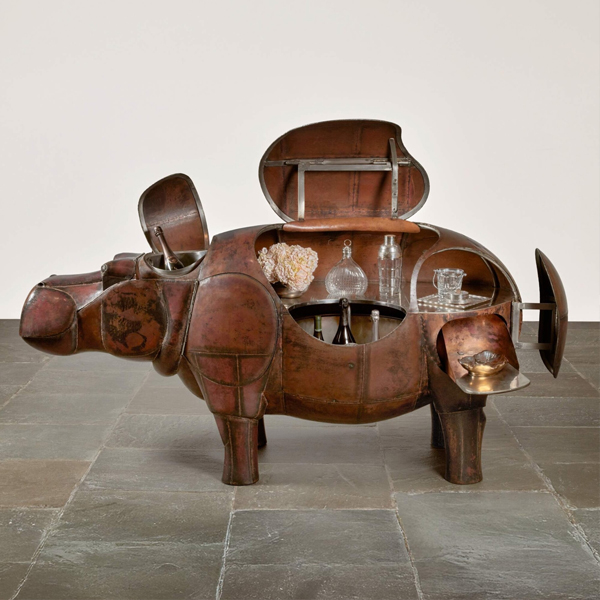Have you heard of Japanese-American sculptor Isamu Noguchi? If the answer is no, you still may recognize his most famous work: the Noguchi table. The mid-century design features two elegantly curving pieces of wood that balance each other and seem to float off the ground. A simple sheet of glass cut into a blunt-edge triangular shape sits on top of this structure. Replicas of this table can be found on numerous furniture sites, and many design lovers may own this trendy table without knowing much about the man who created the original.
In this article, we give some background on this influential sculptor, his famous piece of furniture, and some of the best affordable replicas to add this piece to your home.
Japanese-American sculptor Isamu Noguchi is famous for his Noguchi Table, but his artistic career spans many fields and styles.
Who was Isamu Noguchi?
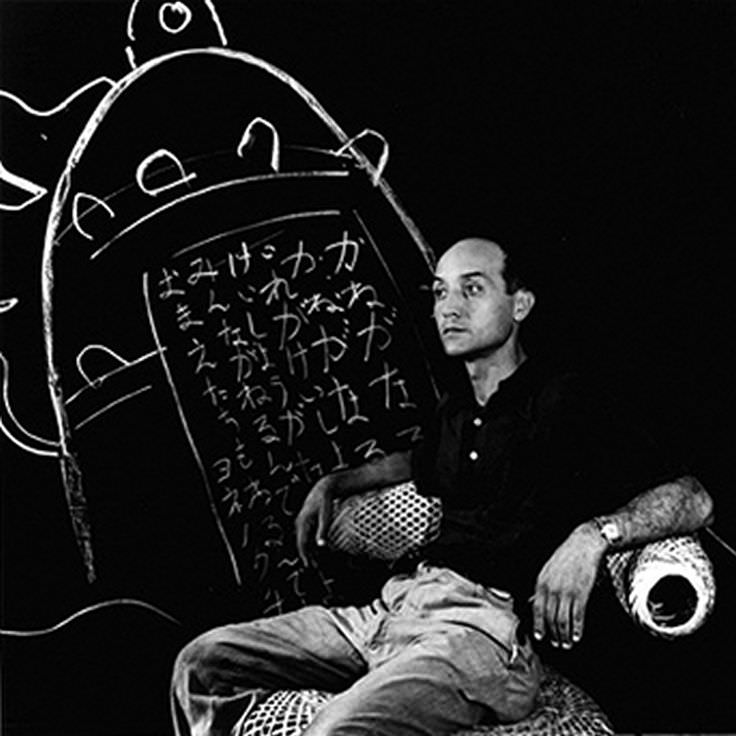
Photo: Public domain, Wikimedia Commons
Isamu Noguchi was one of the most influential sculptors of the 20th century. His work extended to landscape design, architecture, ceramics, product design, and more. He was an international creative whose design style was influenced by his experiences in Japan, Mexico, the U.S., and other travels. As might be expected by his wide range of experiences, his work also spans a variety of styles.
Noguchi was born in California to an American writer named Léonie Gilmour and a well-known Japanese poet named Yone Noguchi. Noguchi lived the first two years of his life in California before he and his mother moved to Japan—partially to reunite with his father and partially to escape the growing anti-Japanese sentiment in California and the United States. Noguchi lived in Japan until he was 13, constantly supported in his artistic projects by his mother who kept him involved in the design of their home and garden. He later moved to Indiana where he was trained as a sculptor and continued creating art.
Noguchi's identity as both Japanese and American was a topic of self-doubt for much of his life. “With my double nationality and double upbringing, where was my home?” he asked. “Where were my affections? Where is my identity? Japan or America, either, both—or the world?” Though Noguchi struggled with this balance during his life, he is now celebrated in both Japan and the U.S.
Career Highlights of Isamu Noguchi
View this post on Instagram
Though he was best known for his table, Noguchi didn’t really dream of creating furniture. His other projects included sculptures, landscapes, monuments, gardens, and more. He was constantly pushing himself to create more art, unsatisfied with producing busts for rich New York families.
View this post on Instagram
One of the most important projects in Noguchi’s life was called Play Mountain, a proposal for a playground that combined his work in sculpture, landscape, and other design work. But more than the ultimate test of his skills, it was a gift to all children. He hoped that they would have an opportunity to play with a freedom that he never experienced.
“Play Mountain was my response based upon memory of my own unhappy childhood—the desolate playground on a cliff in Tokyo which I approached with dread,” explains Noguchi. “It may be that this is how I tried to join the city, New York. To belong.” Robert Moses would not allow his vision to become a reality, but children and adults can enjoy Noguchi’s vision in Japan’s Moerenuma Park.
Noguchi founded the Isamu Noguchi Foundation and Garden Museum as a collection of his best work. You can find some of his best works including Play Mountain and, of course, the Noguchi Table.
Why is the Noguchi table so famous?
Noguchi designed the Noguchi table for Herman Miller in 1947. It was promoted as a universal “design for production” or “sculpture-for-use.” Noguchi believed that this coffee table was the best piece of furniture he had ever designed because of its simplicity. It quickly became one of Herman Miller’s most successful pieces and became even more desirable when production stopped in 1973.
The Noguchi table is most likely so famous for all of the reasons Herman Miller and Isamu Noguchi himself like it so much;it was a clever and elegant gesture that turned a piece of furniture into living art. Like the Eames chair, it was easily recognizable and thus became an iconic piece of furniture.
Buy a Replica of the Noguchi Table
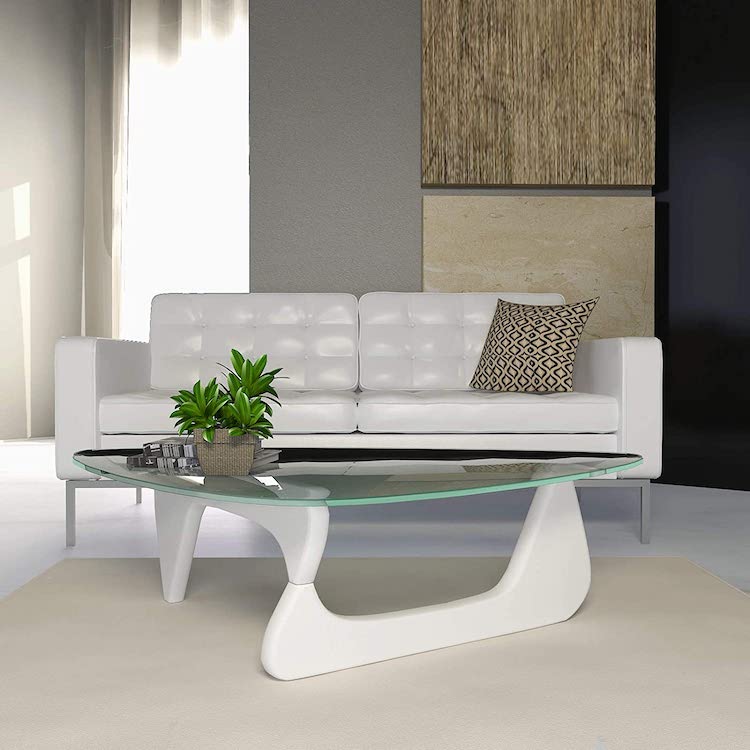
LeisureMod | $748.80
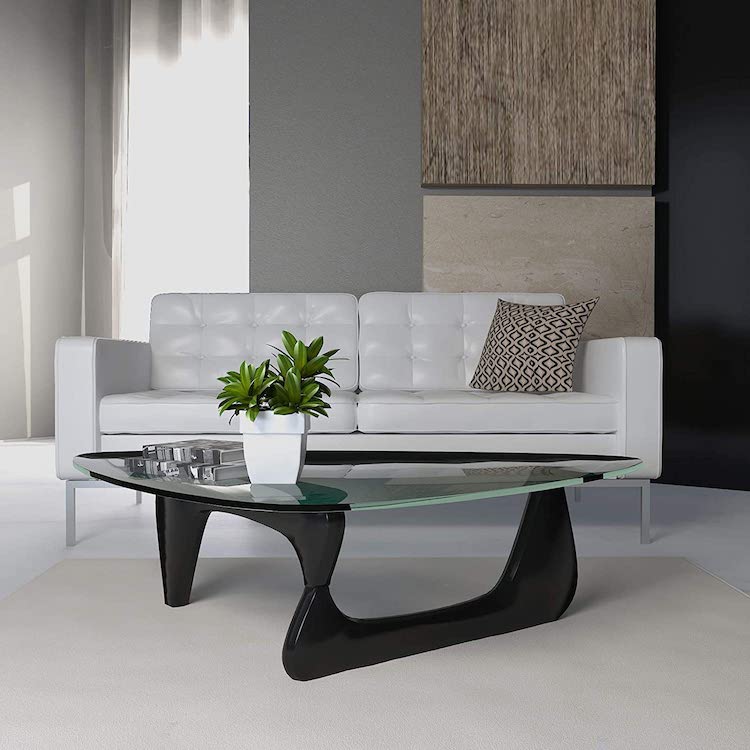
LeisureMod | $748.80
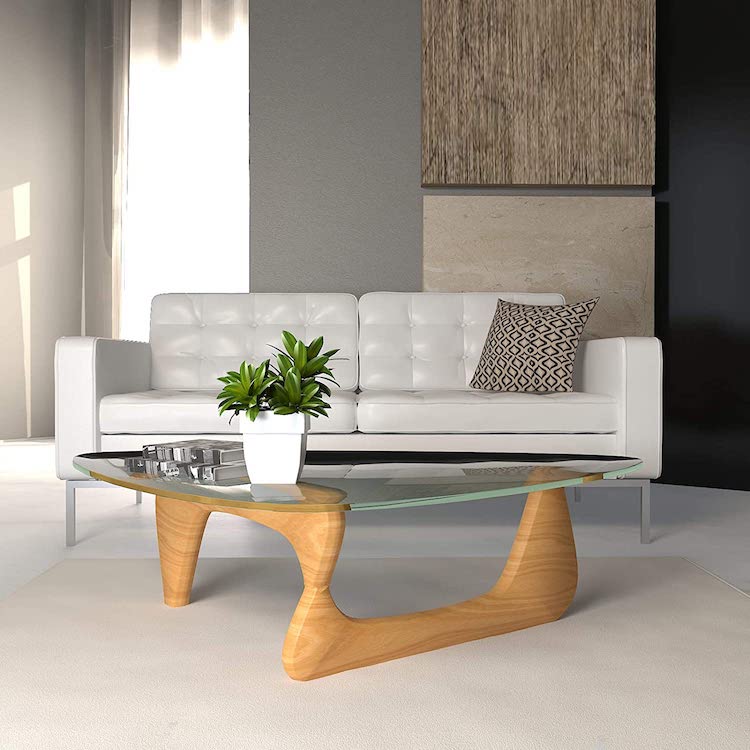
LeisureMod | $748.80
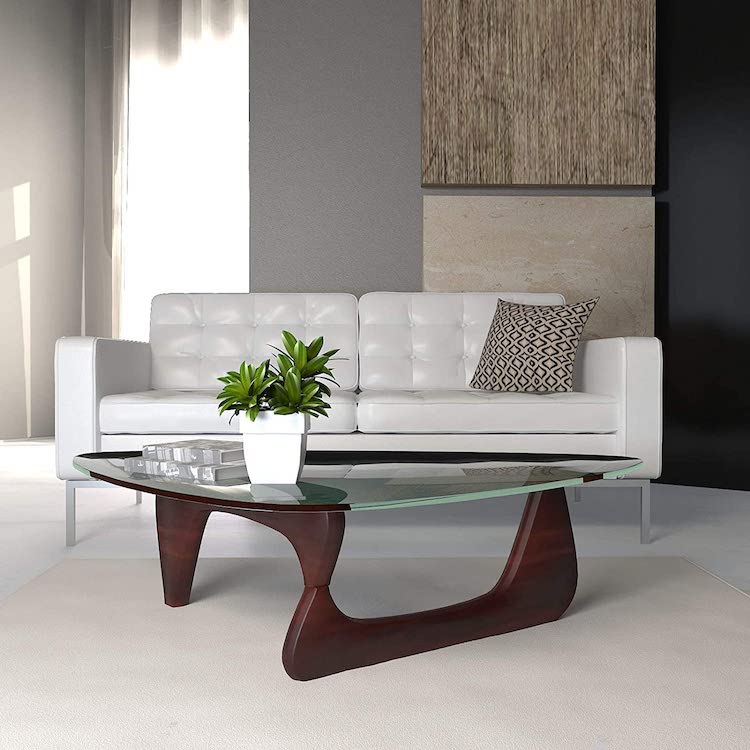
LeisureMod | $748.80
Noguchi Museum: Website | Instagram | Facebook | YouTube
Related Articles:
10 Dramatic Buildings by Architect Tadao Ando, The Master of Light and Concrete
20 Chairs Designed by Architects Compared To the Buildings They Are Famous For
10 Amazing Buildings Designed by Bjarke Ingels Group
The Architecture of Zaha Hadid: 10 Great Buildings by the Queen of the Curve
The Architecture of Frank Lloyd Wright: 10 Historic Buildings by the Legendary American Architect

